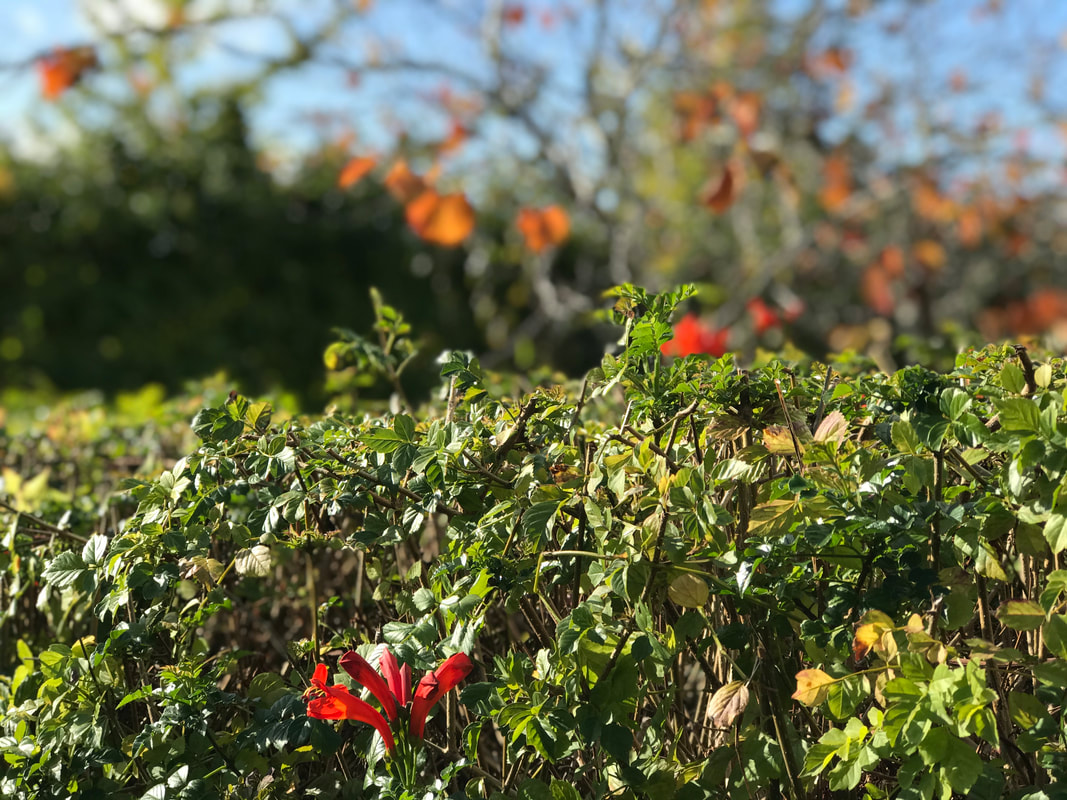Lockdown Journal
Over two years, from the very first lockdown in March 2020 to her final entry on 30 March 2022, Deborah Shepard kept a journal of her experience of the coronavirus pandemic and the resulting five lockdowns in the city of Tāmaki Makaurau, Auckland in Aotearoa New Zealand. Part historic record of the pandemic and its consequences, part intimate journal of the heart during a period of profound personal upheaval, this book charts the experience of a New Zealand woman writer, navigating uncertainty and using her writing to survive. Throughout her journal Deborah intersperses passages of nature writing to uplift and grounds her discomfort over the severity of lockdown measures with a Buddhist acceptance of the central fact of life's impermanence. Her journal entries bring history vividly and intimately to life, with a wealth of detail at both micro and macro levels — from daily domestic rituals that steady her, to an analysis of Prime Minister Jacinda Ardern and the Labour Government's management of the crisis — taking the reader on a journey of what it was like to experience profound isolation during a major pandemic in a remote country near sub-Antarctica at the beginning of the third decade of the 21st century.
Deborah’s journal is now in development for publication. You can read the first of her entries below:
Deborah’s journal is now in development for publication. You can read the first of her entries below:
